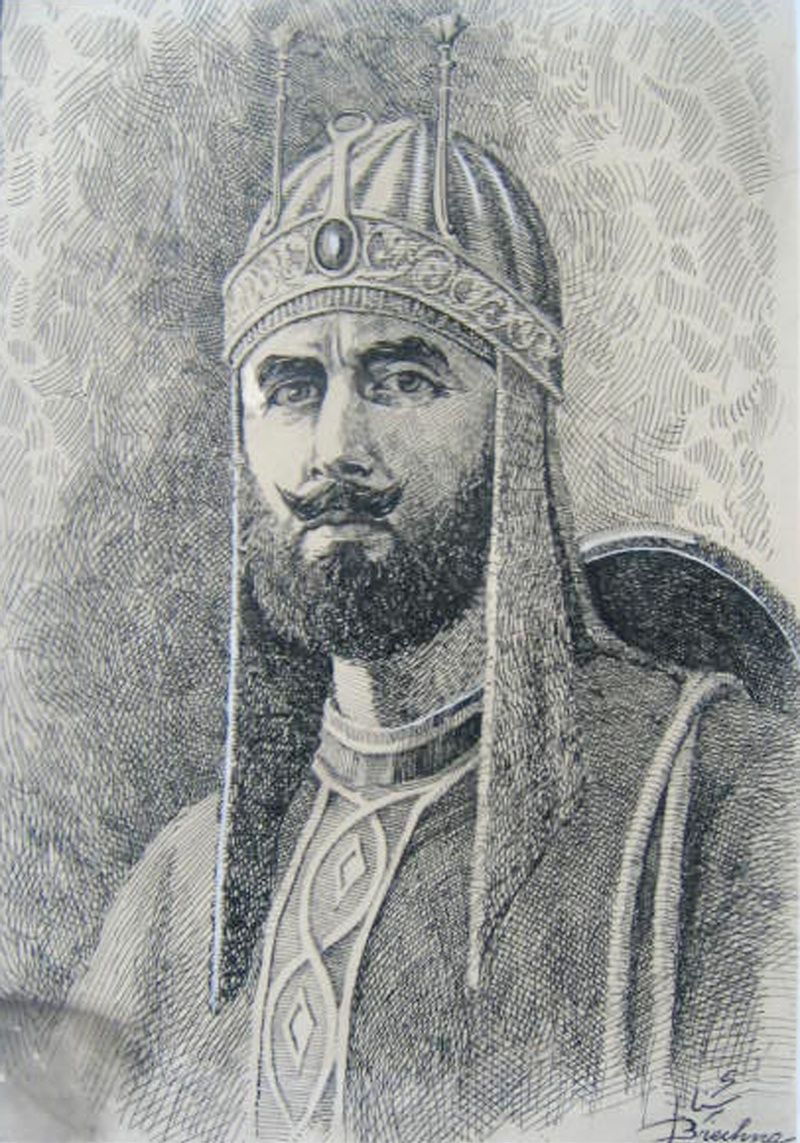Sher Shah Sur (AD 1538-1545) Tarikh-i-Sher Shahi in Eliot and Dowson, History of India as told by its own Historians, Vol. IV, pp. 403-04.
Famous Sher Shah Suri Quotes
Zubdat-ul-Tawarikh quoted in Goel, Sita Ram (2001). The story of Islamic imperialism in India. Chapter 7 ISBN 9788185990231
Tarikh-i-Daudi of ‘Abdullah in Elliot and Dowson's History of India as told by its own Historians, Volume IV, pp. 478-79. Quoted in S.R.Goel, The Calcutta Quran Petition
Sher Shah Sur (AD 1538-1545) Jodhpur (Rajasthan) Tarikh-i-Da‘udi in Sharma, Sri Ram, Religious Policy of the Mughal Emperors, Bombay, 1962.
Abbas Sarwani, Tarikh-i-Sher Shahi, trs. E.D. vol. IV, pp. 390, 424. quoted from Lal, K. S. (1999). Theory and practice of Muslim state in India. New Delhi: Aditya Prakashan. Chapter 5
Tarikh-i-Sher Shahi of Abbas Khan Sherwani in Elliot and Dowson, History of India as told by its own Historians, Volume IV, pp. 407-09. Quoted in S.R.Goel, The Calcutta Quran Petition
... "To every pious Afghan who came into his presence from Afghanistan, Sher Shah used to give money to an amount exceeding his expectations, and he would say, 'This is your share of the kingdom of Hind, which has fallen into my hands, this is assigned to you, come every year to receive it.'" And to his own tribe and family of Sur, who dwelt in the land of Roh, he sent an annual stipend of money, in proportion to the members of his family and retainers; and during the period of his dominion no Afghan, whether in Hind or Roh was in want, but all became men of substance. It was the custom of the Afghans during the time of sultans Bahlul and Sikandar, and as long as the dominions of the Afghans lasted, that if any Afghan received a sum of money or a dress of honour, "that sum of money or dress of honour was regularly apportioned to him, and he received it every year". Sher Shah Suri too said, "It is incumbent upon kings to give grants to imams; for the prosperity and populousment of the cities of Hind are dependent on the imams and holy men... whoever wishes that God Almighty should make him great, should cherish Ulama and pious persons, that he may obtain honour in this world and felicity in the next."
Abbas Sarwani, Tarikh-i-Sher Shahi, trs. E.D. vol. IV, pp. 390, 424. quoted from Lal, K. S. (1999). Theory and practice of Muslim state in India. New Delhi: Aditya Prakashan. Chapter 5
